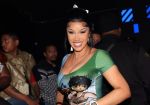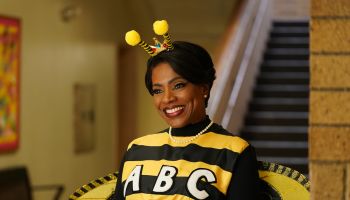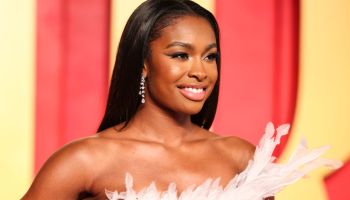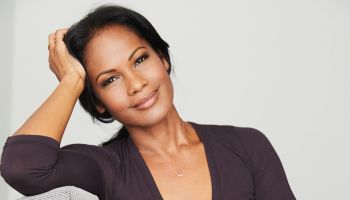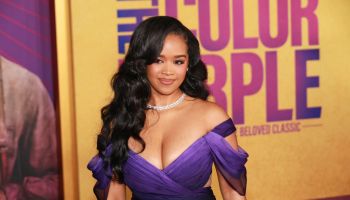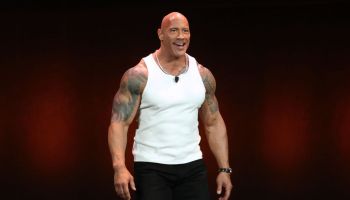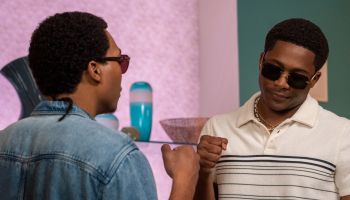When it comes to race, Chris Rock isn’t afraid to hold his tongue and tell it like it is.
During press runs for his latest movie Top Five, the comedian has used his time to shed light on race relations in Hollywood, the importance of black actors, and why they shouldn’t crossover to cater to white audiences.
Rock, whose career spans over three decades, addressed his relationships with other black comedians like Hannibal Buress, Leslie Jones, and Wanda Sykes. The comedian says black figures in Hollywood have no one to turn to but themselves, and with the lack of black PR agents and other prominent figures in the business, it’s tougher for other races to prosper in Hollywood. He wrote an illuminating essay on the matter for the recent issue of The Hollywood Reporter:
Some of these younger black guys just want me to see their act. Some come to me for advice. Hannibal Buress called the other day. They want to know about agents and managers and the business; this kind of deal and that kind of deal; dealing with the media and dealing with family; money crap and where they should live. It’s big brother shit, and they ask because there aren’t that many black people to turn to. Who do you hire? Where’s the big black PR agency? Where are the big black agents? Where’s the big black film producer? That’s why I’ve been all over Steve McQueen. I put a microchip in Steve’s pocket and track him like an Uber driver. Steve thinks we keep bumping into each other by accident. “Hey, Steve, my man!” I don’t care if I have to play a whip, I’m going to be in a Steve McQueen movie. But I digress.
He also declared Hollywood to be a white industry, but claims the lines shouldn’t be viewed as black or white. To Rock, all races enjoy comedy and quality films if they’re viewing someone on the screen they can relate to.
It’s a white industry. Just as the NBA is a black industry. I’m not even saying it’s a bad thing. It just is. And the black people they do hire tend to be the same person. That person tends to be female and that person tends to be Ivy League. And there’s nothing wrong with that. And the person who runs the black division of a studio should probably have worked with black people at some point in their life. Clint Culpepper [a white studio chief who specializes in black movies] does a good job at Screen Gems because he’s the kind of guy who would actually go see Best Man Holiday. But how many black men have you met working in Hollywood? They don’t really hire black men. A black man with bass in his voice and maybe a little hint of facial hair? Not going to happen. It is what it is. I’m a guy who’s accepted it all. …I really don’t think there’s any difference between what black audiences find funny and what white audiences find funny, but everyone likes to see themselves onscreen, so there are some instances where there’s a black audience laughing at something that a white audience wouldn’t laugh at because a black audience is really just happy to see itself.
Rock also questions why black actresses aren’t brought up as contenders for leading roles. He uses the latest rumors about female leads for the second season of True Detective as an example:
How about True Detective? I never heard anyone go, “Is it going to be Amy Adams or Gabrielle Union?” for that show. I didn’t hear one black girl’s name on those lists. Not one. Literally everyone in town was up for that part, unless you were black. And I haven’t read the script, but something tells me if Gabrielle Union were Colin Farrell‘s wife, it wouldn’t change a thing. And there are almost no black women in film. You can go to whole movies and not see one black woman. They’ll throw a black guy a bone. OK, here’s a black guy. But is there a single black woman in Interstellar? Or Gone Girl? Birdman? The Purge? Neighbors? I’m not sure there are. I don’t remember them. I go to the movies almost every week, and I can go a month and not see a black woman having an actual speaking part in a movie. That’s the truth.
Check out the rest of the eye-opening essay here.
SOURCE: The Hollywood Reporter | PHOTO CREDIT: The Hollywood Reporter



